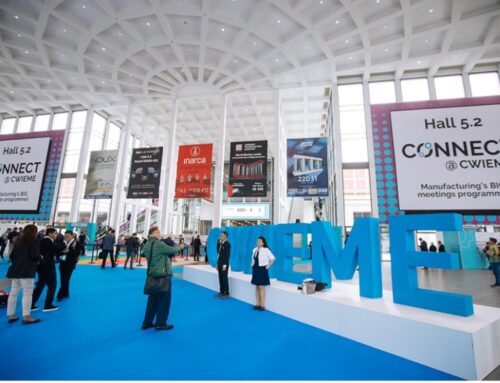
As the investigation into Trade Section 232 regulations quietly continues to be discussed, the current timeline for resolution has been offered as — “very soon” as opposed to the previous projected timeline of June 2017.
Since 1963, twenty-six Trade Section 232 cases have been brought before a committee, and only five of those cases resulted in presidential action. It is currently uncertain what a 232 case would mean for large trade allies of the United States, particularly Mexico and Canada, both countries being heavily involved in providing the United States steel industry with steel and aluminum products.
As we recently discussed last month’s blog post on the subject, there can be heavy economic impact when steel imports are regulated beyond the current tariffs. Many who are connected to the affected industries are understandably concerned with the impact such regulations could have on the market.
It should be noted that despite talks of increased tariffs, the US steel market has yet to see any major decline. But that hasn’t stopped executives of large companies from speaking out against these possible penalties.
One such executive is Drew Greenblatt, chief executive of Baltimore-based Marlin Steel Wire Products, a company that buys only U.S.-made steel.
“I’m sympathetic to American steel mills, but if they protect domestic steel, they’re going to be hurting steel fabricators, which employ a hundred times more people,” said Greenblatt, and continues to explain that his company has been paying more for the metal as prices have risen, partly in anticipation of coming measures.
As we inch closer to the end of 2017, and further away from the original expected verdict on June 2, we are all ever-aware of the international implications that such regulations on steel imports could have on the national and global economy.
We can all understand the importance of protecting national security, no matter which nation you are a part of. But one must also understand the importance that each nation, the United States in particular, plays in the bigger picture of international trade and protecting positive economic growth.
Sources:
http://marketrealist.com/2017/08/no-decline-in-us-steel-imports-despite-section-232-threat/
http://www.latimes.com/business/la-fi-steel-tariffs-20170628-story.html





